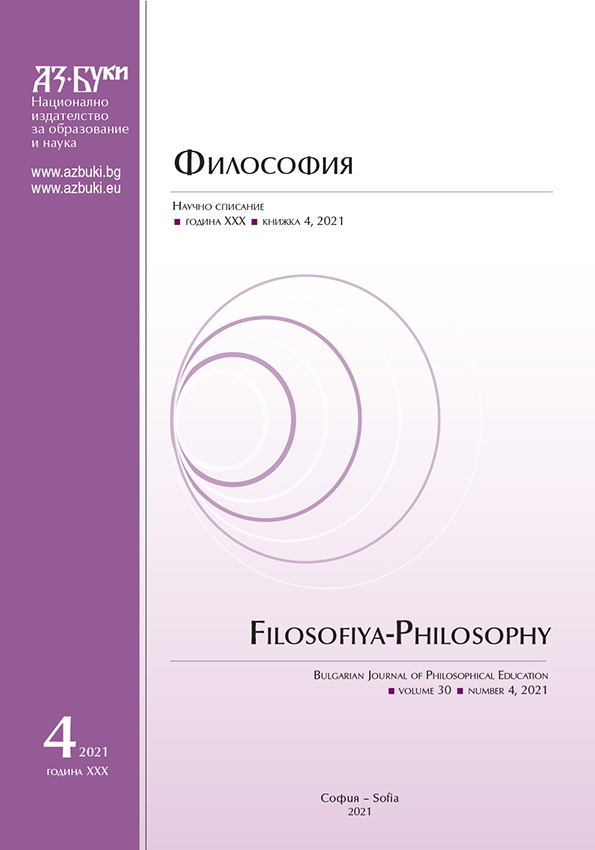„Задачата на преводача“ на Валтер Бенямин и невъзможността за пряко съобщение
Walter Benjamin’s “The Task of the Translator” and the Impossibility of Direct Communication
Author(s): Kristiyan EnchevSubject(s): Philosophy, Social Sciences, Education, History of Philosophy, Philosophical Traditions, Metaphysics, Epistemology, Semiology, Logic, Special Branches of Philosophy, Contemporary Philosophy, German Idealism, Philosophy of Mind, Philosophy of Language, Vocational Education, Adult Education, Phenomenology, Hermeneutics, Inclusive Education / Inclusion, Ontology, Distance learning / e-learning
Published by: Национално издателство за образование и наука „Аз-буки“
Keywords: pure language; language of man; regulative idea; auto-modalization; broken language; figure
Summary/Abstract: The text analyzes the possibilities to think of pure language as indicated in the harmonization of modes of intention in the translation activity. This language is, in a sense, a regulative idea and it have to be liberated in translation. It is essential to distinguish between the modes of intention and intended objects, between what is named in pure language and what is „overnamed“ in human languages. One of the theses in this text – that language in its auto-relation undergoes auto-modalization – makes the connection with Kierkegaard's understanding of the impossibility of direct communication. The indication of the untranslatable is an opportunity in the language of the translator to insert as indicated the elusive in the translation and thus to introduce the use of a broken language. Awakening of the "echo of the original" means a „thinking more“ (according to Kant) through the figure.
Journal: Философия
- Issue Year: 30/2021
- Issue No: 4
- Page Range: 382-393
- Page Count: 12
- Language: Bulgarian
- Content File-PDF

